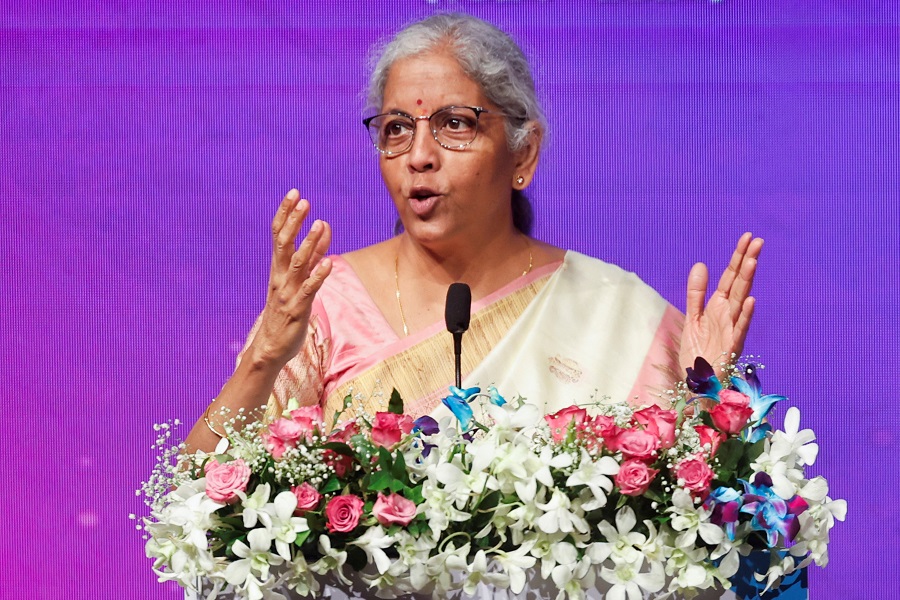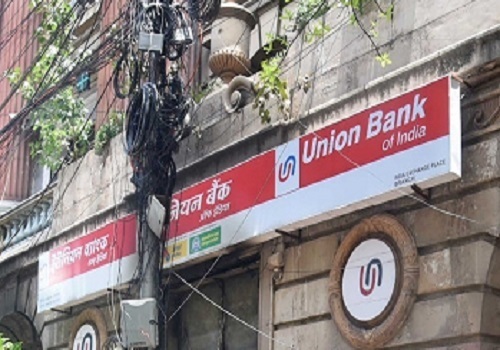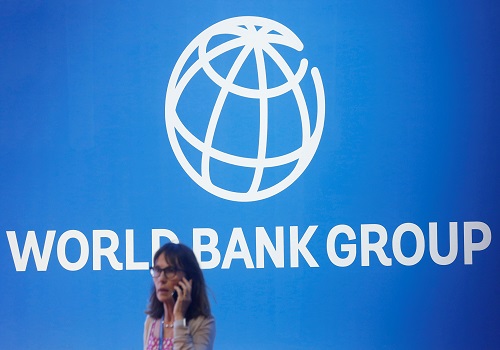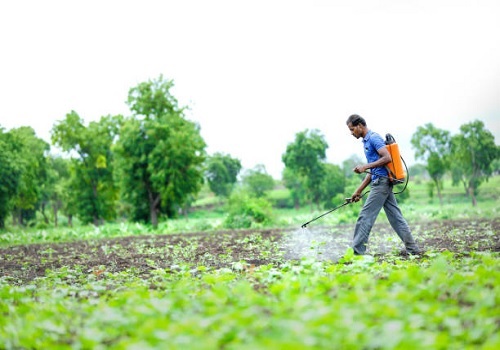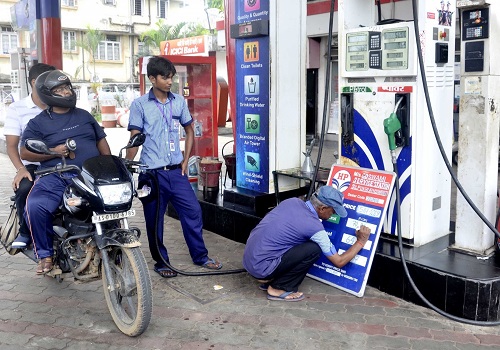Yogi Adityanath government in UP to expand range, quality of Khadi
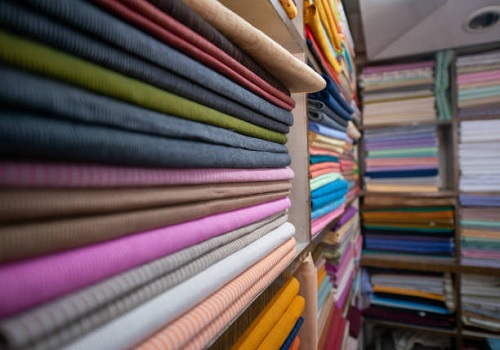
Follow us Now on Telegram ! Get daily 10 - 12 important updates on Business, Finance and Investment. Join our Telegram Channel
The Yogi Adityanath government in Uttar Pradesh will bring further refinement to Khadi which is a symbol of self-reliance, self-respect and self-employment and offers promises, possibilities and potential.
It also plans to increase the range of Khadi by making shoes, bags and fancy purses.
According to the government spokesman, the state government will take the help of eminent fashion designers of the country and its related organisations (NIFT) to turn Khadi into a fashion statement.
For this, Khadi will modernise the technology of production centres to improve the quality of yarn. Solar Charkhas will also be distributed on a large scale.
Those who will be given these charkhas will also be given the training to operate them. Overall, the department has set a target of distributing 5,000 solar charkhas in the next five years. This will not only improve the quality of the threads but also increase production.
At present, there are 14 government centres of Khadi in different districts of the state. The old looms of these centres will soon be replaced by new solar looms. The government has also prepared a complete action plan in this regard for the next five years.
According to the new action plan, under Pandit Deendayal Khadi Marketing Development Assistance Scheme (MDA), 25,000 farmers and weavers will be benefited in the next five years. It is expected that these efforts of the government will increase the demand for Khadi.
In order to increase the demand, the government will also emphasise marketing along with making Khadi in line with fashion by increasing the range. For this, the products of Khadi and Village Industries will be linked to the e-commerce platform.
Navneet Sehgal, additional chief secretary, Khadi and Village Industries, said: "Khadi and village industries are an area of potential. With it being eco-friendly, the industry associated with it can be set up with minimum structure, with less capital and less risk. It is the most employable sector at the local level in terms of capital. Most of the women do the work of making yarn. Therefore, by making them self-sufficient, this mission is also helpful in empowering them."



